
Staff workers in Guangzhou transports health facilities bound for Hong Kong, Feb 25, 2022. (Photo/Xinhua)
Hong Kong can overcome its worst COVID-19 outbreak with the central government's "tremendous" backing and mainland cities' swift actions in support, said Mohamed Butt, executive director of the Hong Kong Productivity Council.
The council will do its utmost to facilitate the fight with the latest technologies, and channel greater support to help small and medium-sized businesses tide themselves over the crisis, Butt said on Tuesday.
He made the remarks as Hong Kong reported 30,493 new COVID-19 cases on the day, a day after the launch of an online self-reporting platform that lets residents register their own rapid antigen tests results.
He said the nation has offered all-around support for Hong Kong to quell the outbreak, highlighting the sending medical experts to the city and its help in building isolation facilities in communities.
"The nation has really given us tremendous support during such a difficult time. We are also very grateful to the central government for sending people, experts to come to help out. This is a great help to Hong Kong and we know that we are not fighting alone," he said.
Butt said many companies in neighboring Shenzhen are also eager to lend a helping hand, including one that donated several robots that have already been put into use in local government departments and hotels.
During an online meeting two weeks ago, business leaders from other cities in the Guangdong-Hong Kong-Macao Greater Bay Area also expressed great concern and willingness to help.
Appreciating the goodwill, Butt said the council has also been striving to facilitate the pandemic fight with the strength of technologies such as mobile vehicles for vaccination, and smart robots have been put on the front line to help with disinfection and delivery services.
Vowing to continue the effort, He said the council also plans to facilitate the upcoming universal testing, by helping employees work remotely and deploying more tech products.
Butt said the council launched a six-month project this month to offer half-price venue rentals and consultancy services to eligible small and medium-sized enterprises. He expects it will be attractive, given the good feedback when a similar project was launched in 2020.
In addition, the organization launched programs to help local enterprises accelerate digitalization and the ability to operate remotely.
He noted that besides the pandemic, the complex international political situation also increases the uncertainty for business operation. In particular, the export business is getting tougher because of the conflict in Ukraine, which has resulted in higher shipping costs and oil prices, Butt added.
To help Hong Kong's business sector stay competitive, Butt said the organization will focus on strengthening SME support, promoting reindustrialization, and advancing smart and green living.
Butt also expressed confidence in the city's business outlook. Despite the impact of COVID-19, Butt said Hong Kong's manufacturing business remains attractive as a lot of investors are still interested in the city's high-tech industry.
The manufacturing sector has been doing quite well, and a lot of companies, especially those making electronics, had double-digit growth last year, he said. He said he believes Hong Kong's growth will be back on track once the fifth wave of the pandemic is over.
Although multiple health-protection approaches have been adopted, about 80 employees at the council still got infected, accounting for 10 percent of its staff, Butt said, adding that he still visits the office two to three times a week to handle the mounting workload.
No matter how difficult the time is, he and his colleagues will do their best to help the city beat the virus soon, Butt said.










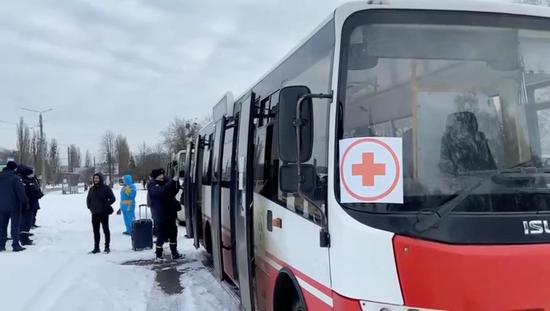
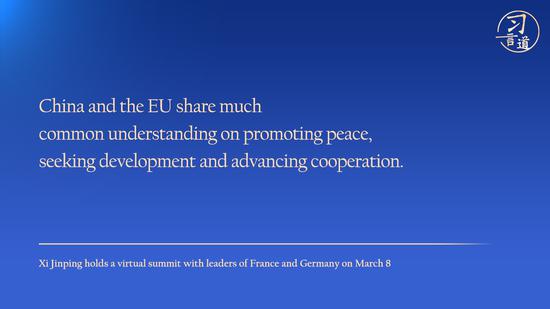
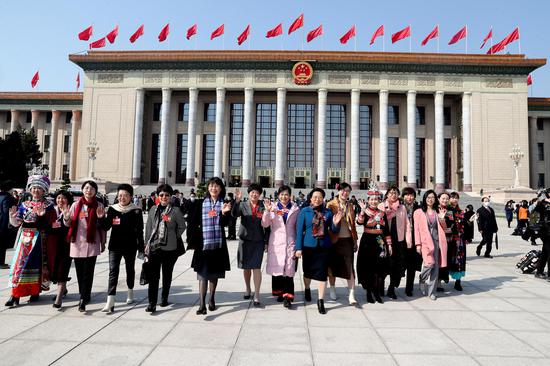
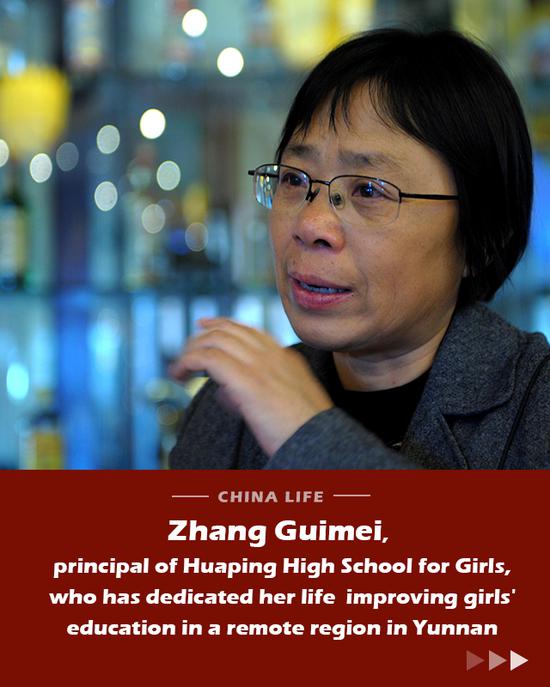
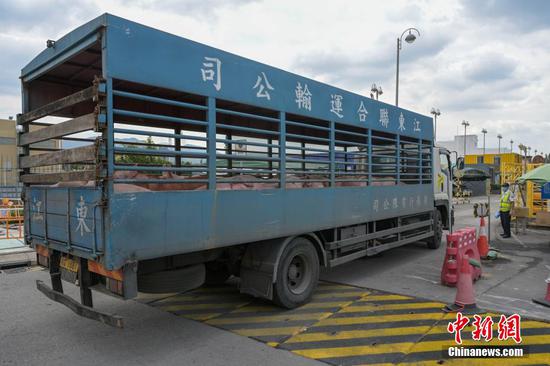

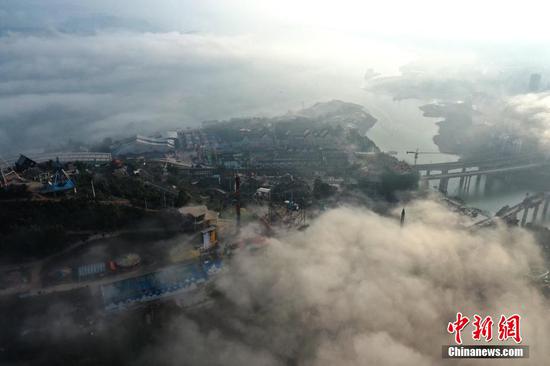

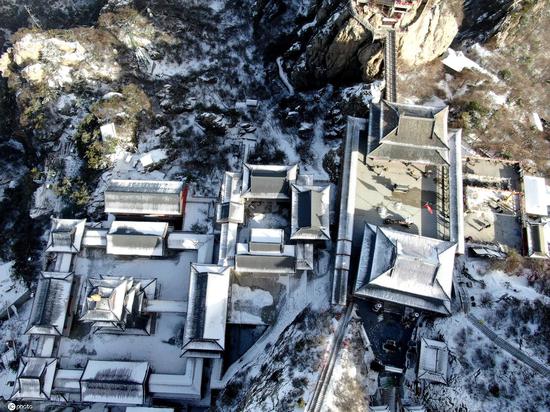



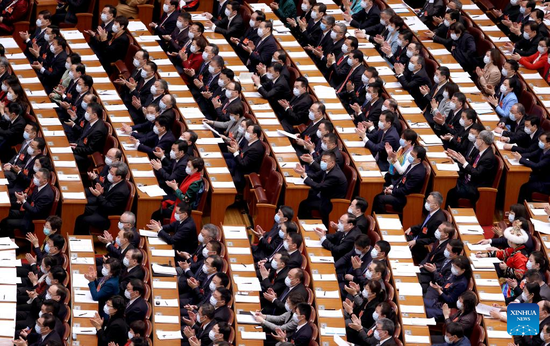
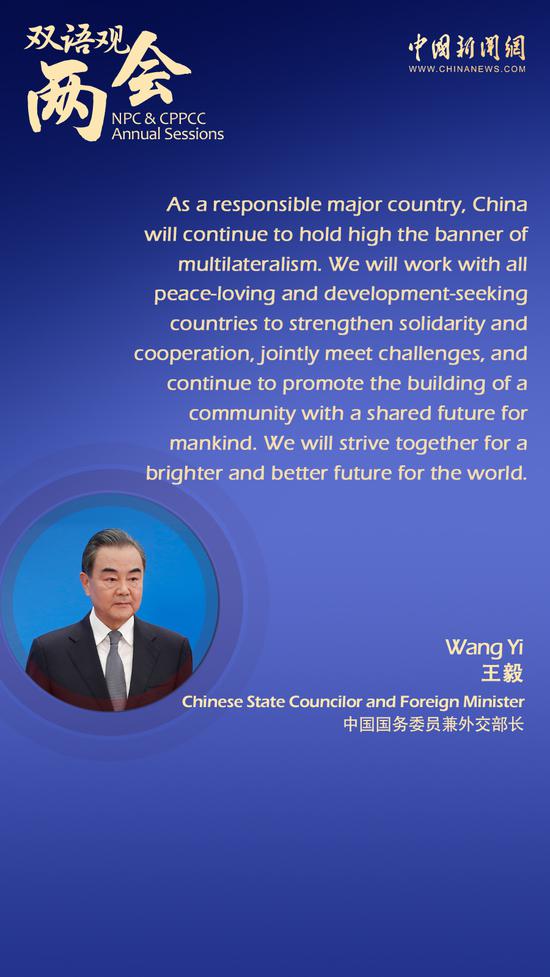
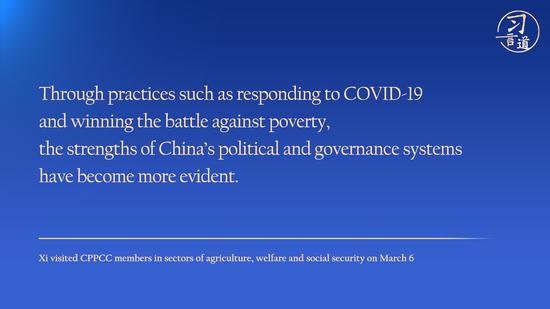
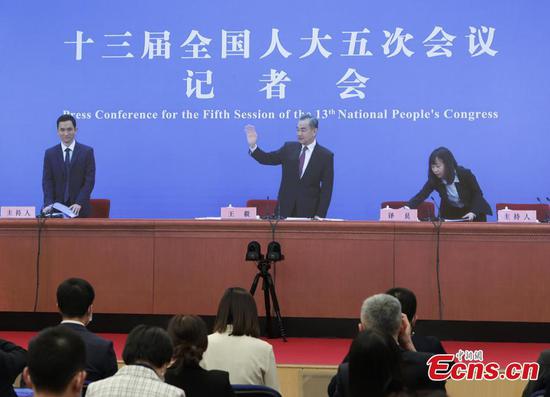
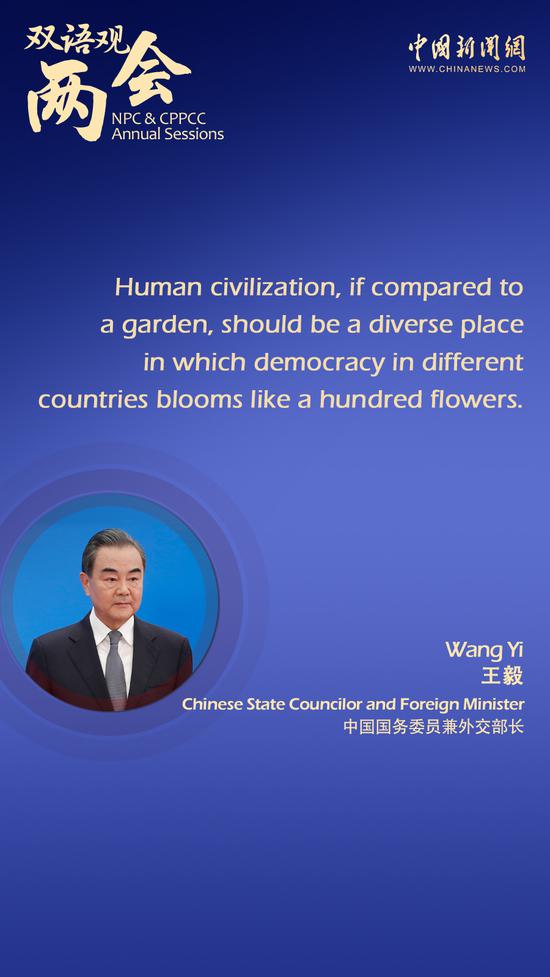

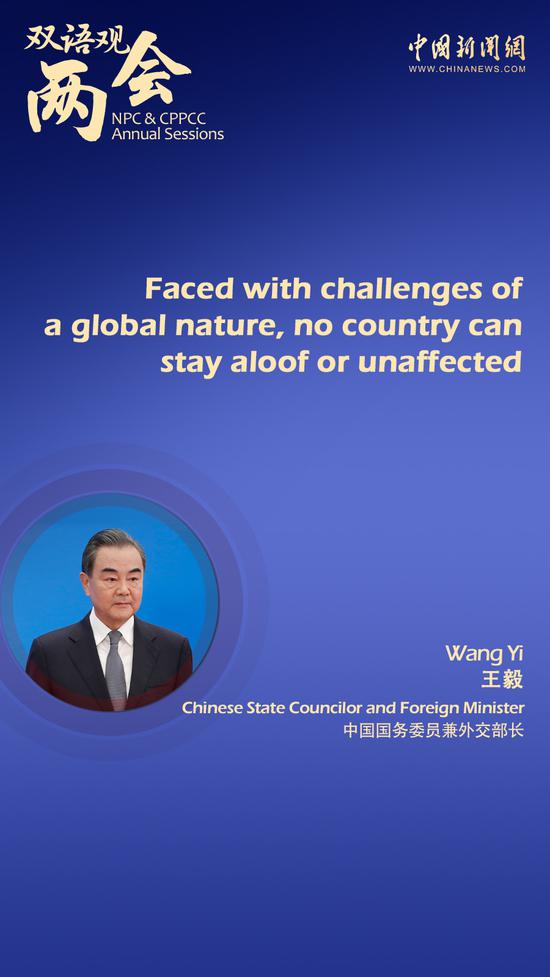
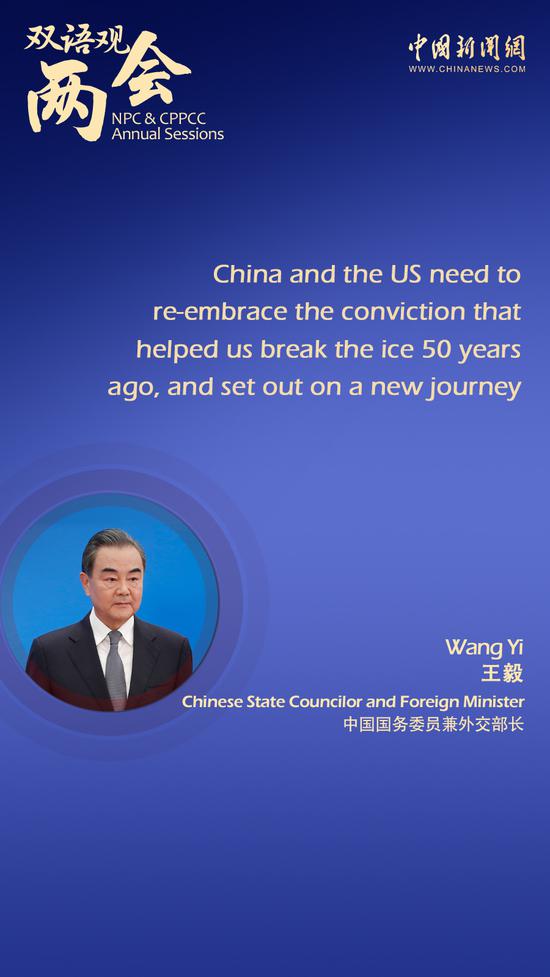
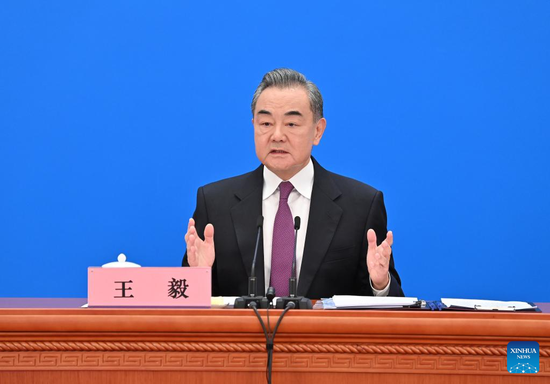
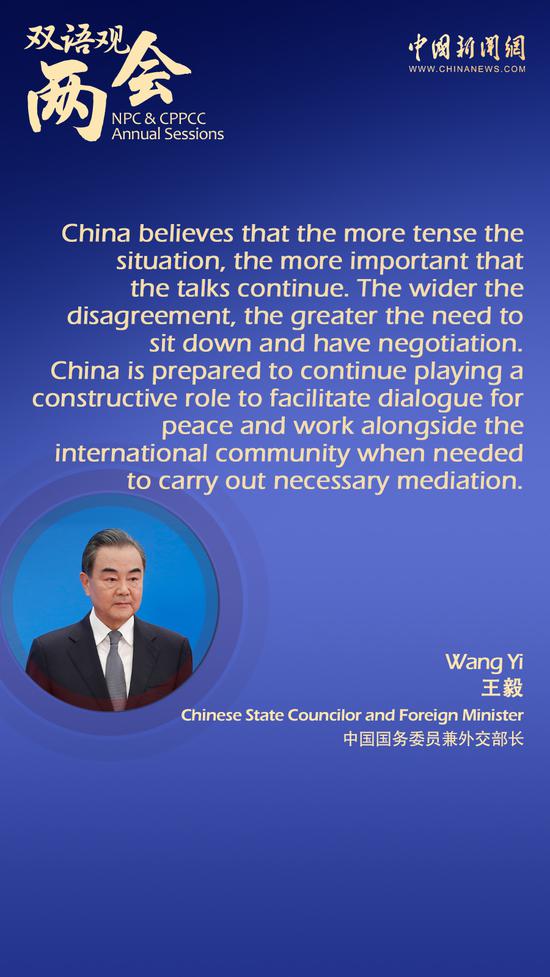
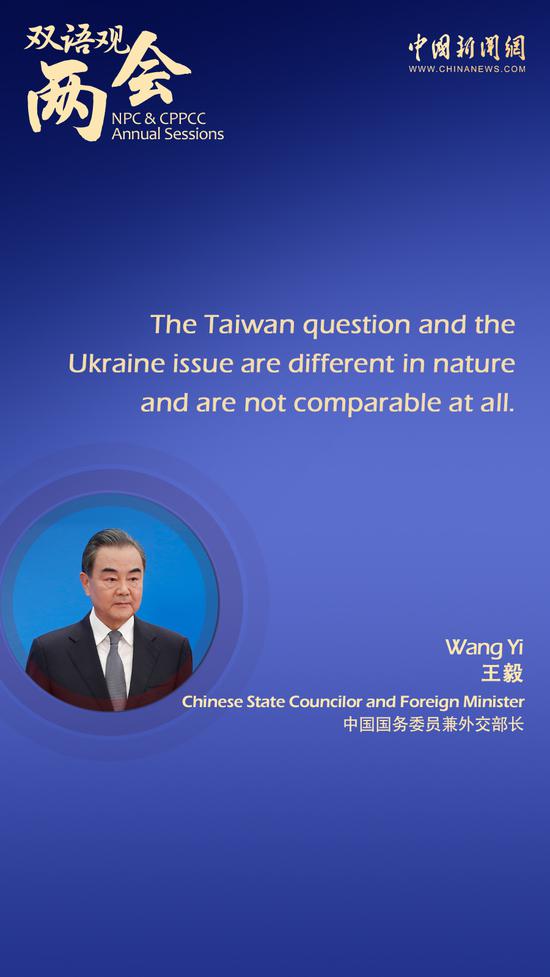
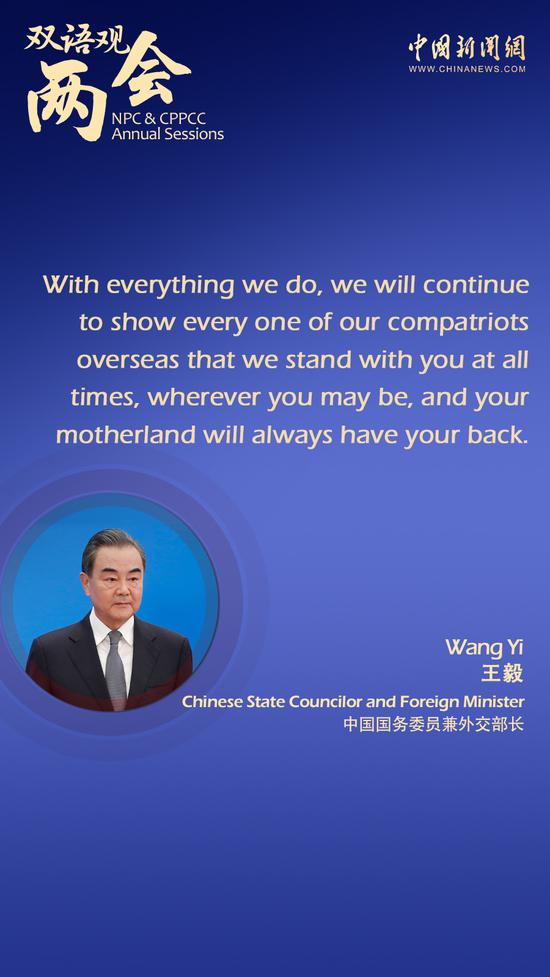
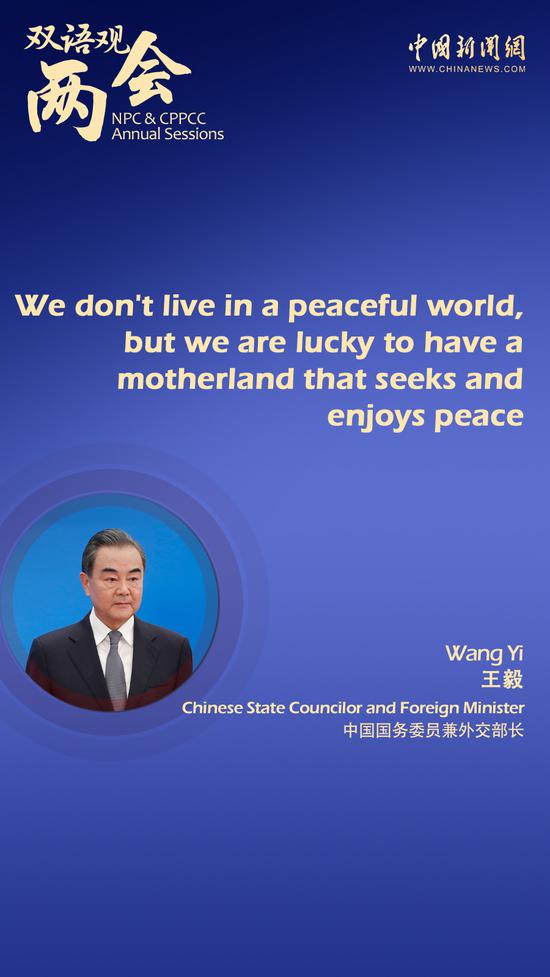
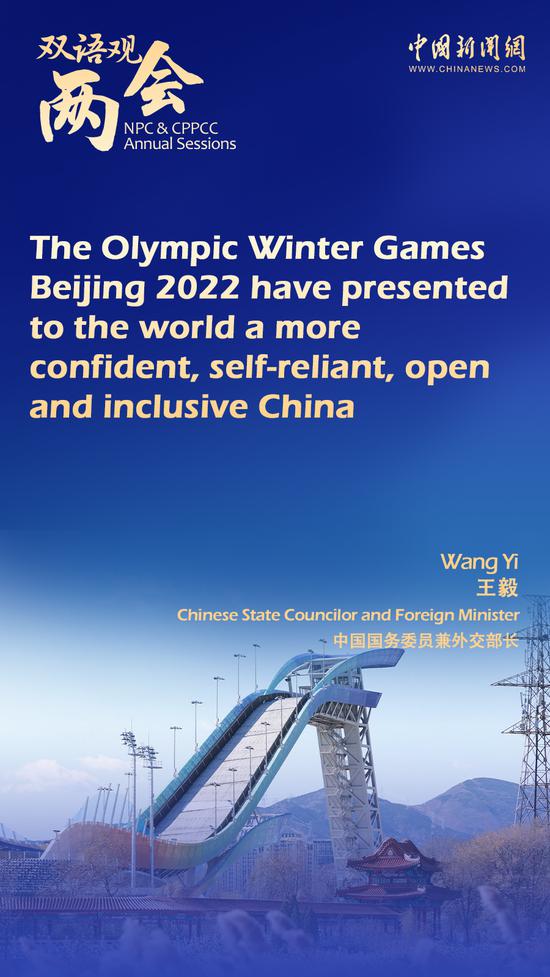



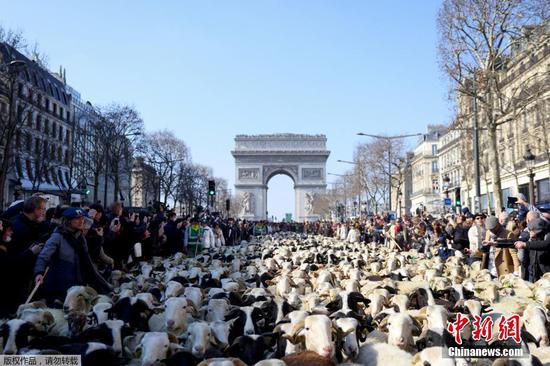


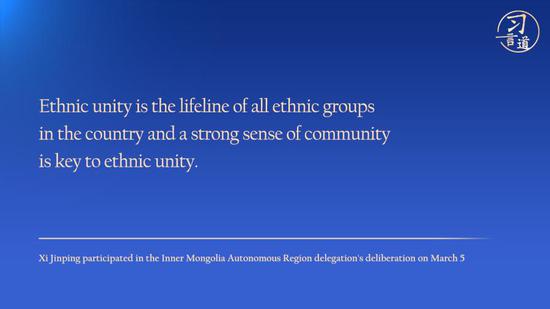
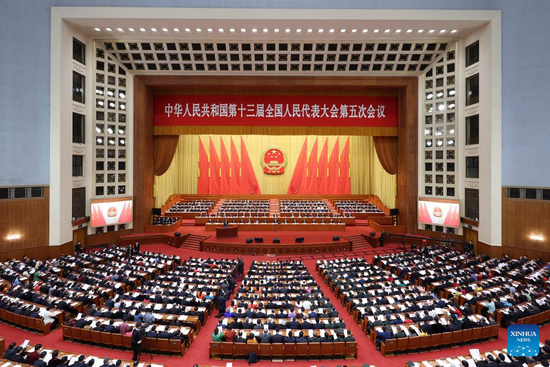
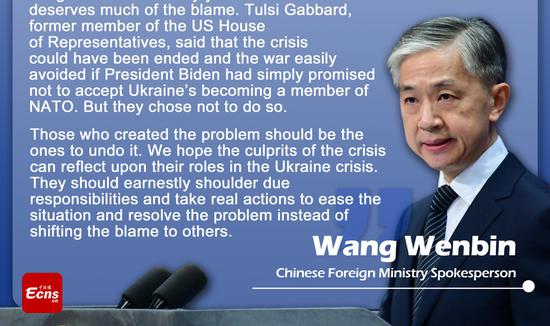





 京公网安备 11010202009201号
京公网安备 11010202009201号